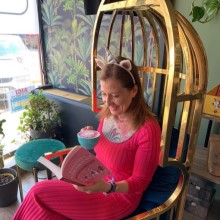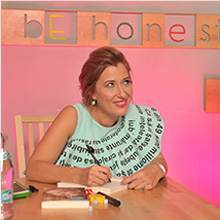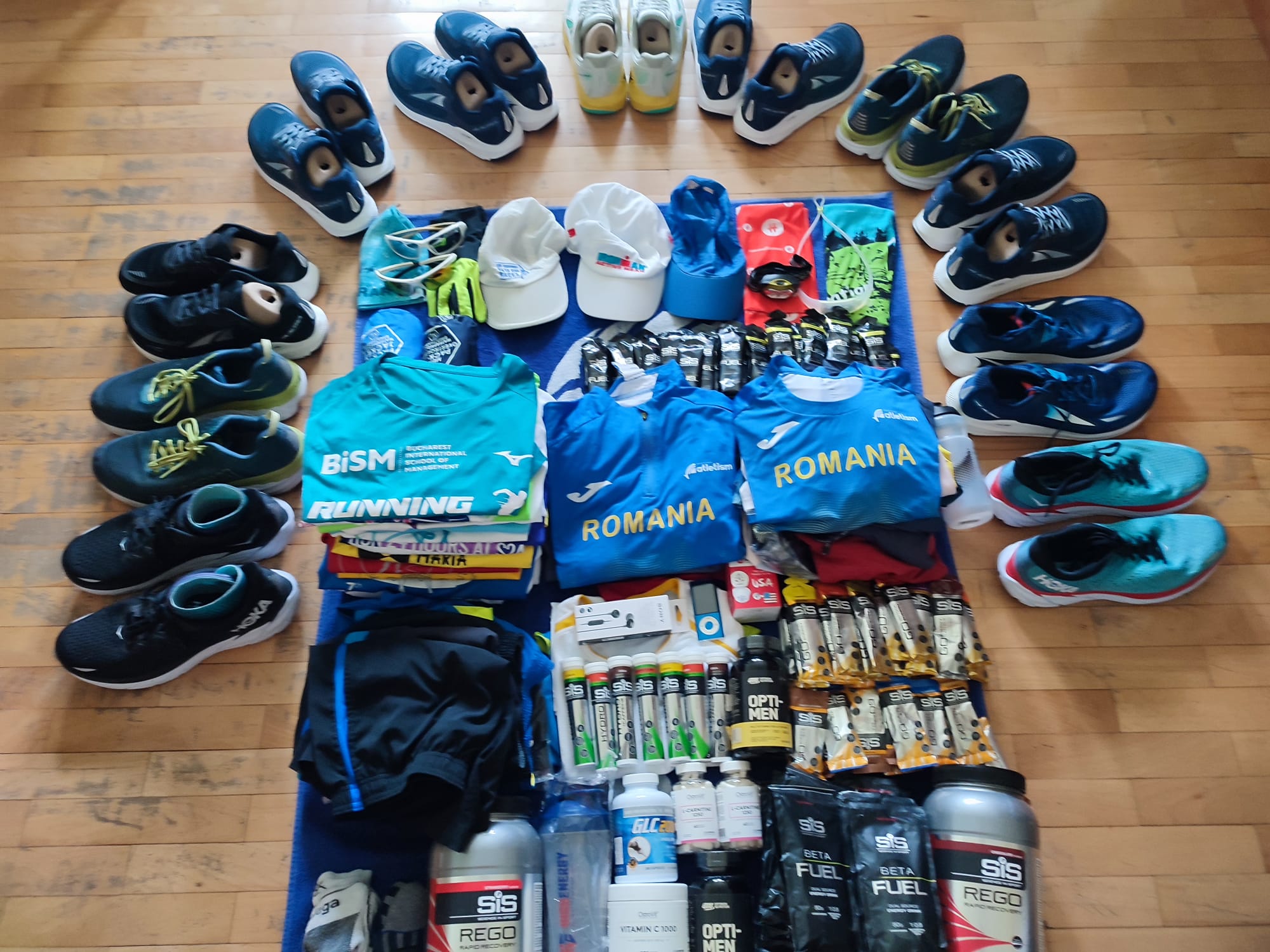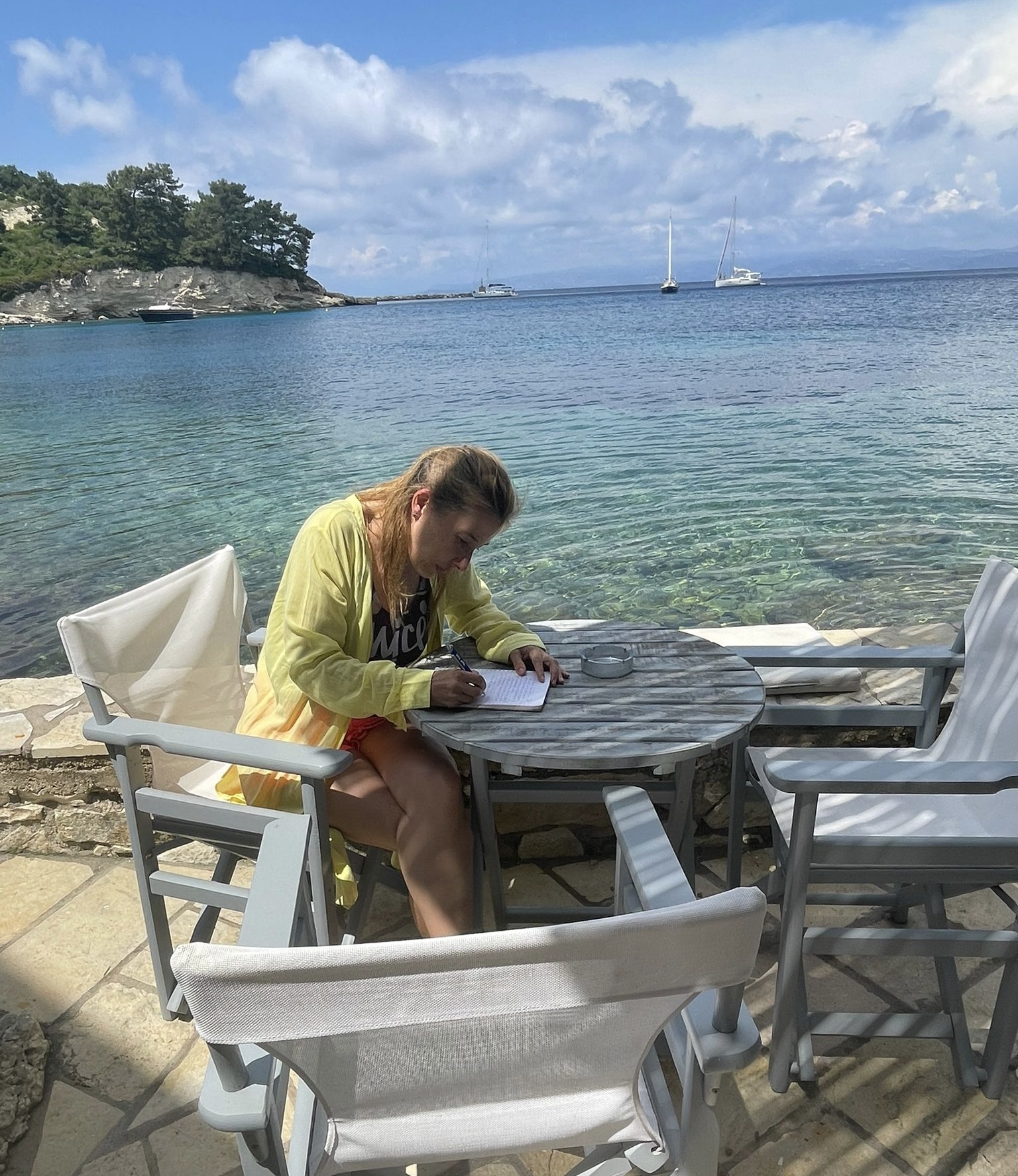Lifestyle of the future: aerial transportation, space beauty, VR Tinder and sustainable hyper-cites

Lifestyle of the future: aerial transportation, space beauty, VR Tinder and sustainable hyper-cites
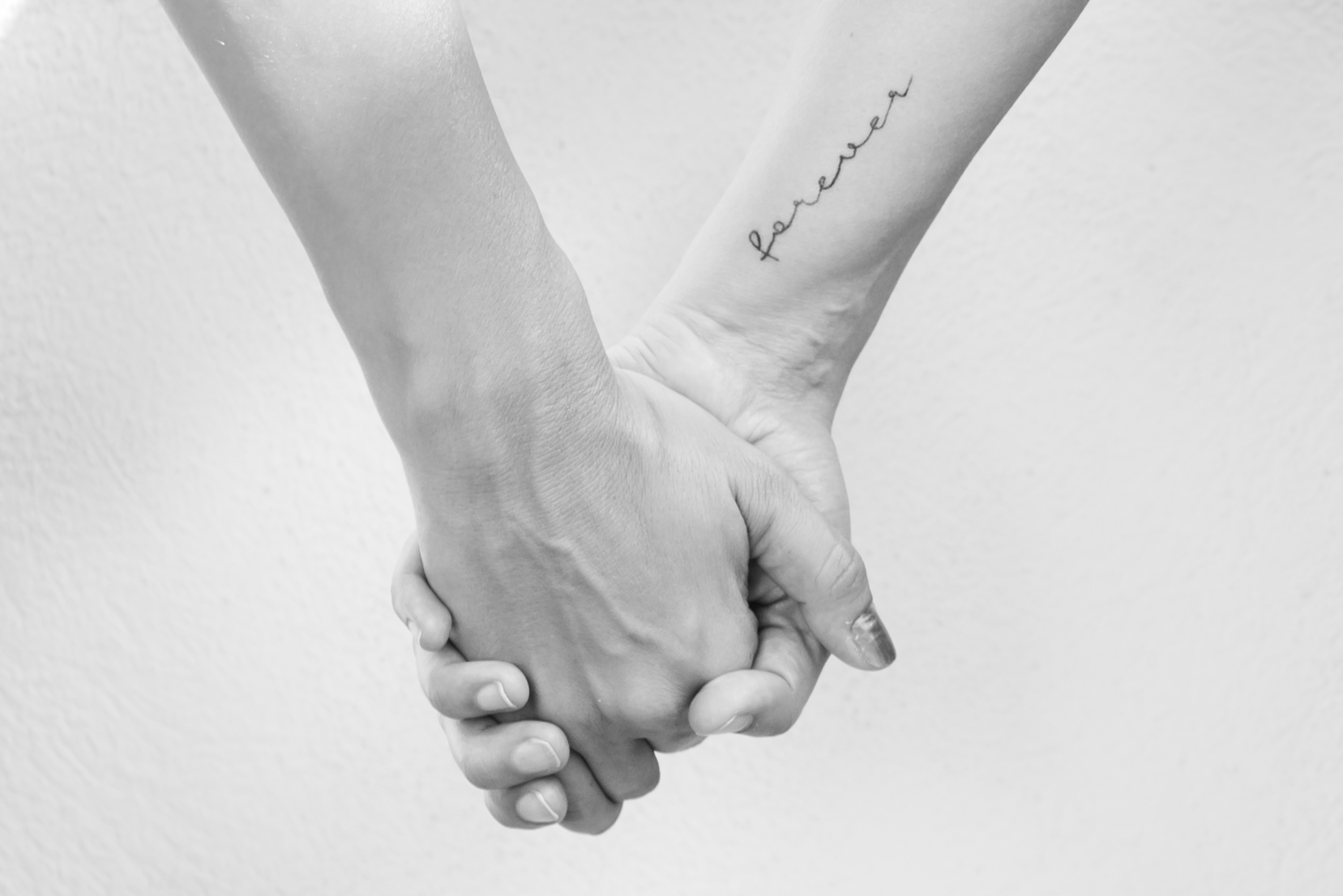
There is one popular saying: tell me who you are gathering with, so I can tell you who you are. Tell me your lifestyle, so I can tell you if you are already living in the future could be an adjustment of it and you will immediately see why.
Is your name X AE A-12? If not, you are not the lucky offspring of Elon Musk, but do not be surprised if the future lifestyle will standardize names like this.
Are you on the verge of a nervous breakdown for not resisting the impulse to buy a new car, a more expensive and luxurious car, with a (for those uninterested in car details, you can skip to the next paragraph) twin-turbo 4.0-liter V-8 alongside a 48-volt hybrid system worth around 591 horsepower with a torque of 590 lb-ft and an acceleration of just 3.6 seconds? If this is a symbol of your actual (or dream) lifestyle, it might equally be a proof of obsolescence in ten years from now.
Are you in a long term relationship with your kindergarten beau? What if your life expectancy would magically double and instead of happily sixty ever after life together you would find yourselves in a 100 plus years of togetherness? Do not expect me to bring a fabulous technology on plate to re-ignite your passion, but do read the following 12 expected lifestyle trends of the future:
1. Owning a car could be a bad financial investment
Today the marginal cost of owning a car (all expenses, including the car itself, gas, insurance, repairs and parking) is 59 cents per passanger miles, according to The Future is Faster than You Think authors Peter H. Diamandis and Steven Kotler. Uber’s long target is to get it to 44 cents with their aerial ridesharing project, namely eVTOLs - electrical take-off and landing vehicles. Read more about the flying taxis of the future which would soon turn your dream car into a totally irrelevant financial expense - https://www.forbes.com/sites/bernardmarr/2020/06/29/introducing-the-mindboggling-flying-taxis-of-the-future/#6339c66818dd
2. Space beauty or how comsetics industry goes hand in hand with NASA
Most of us – unless X AE A-12’s daddy gets his way – will never travel into outer space (but I am still hoping:). And knowing and feeling only planet Earth, we will never have the pleasure of knowing what space smells like. But soon we will be able to come closer. In 2008, NASA hired chemist Steve Pearce to develop the “smell of space” to help train astronauts before launch into orbit, part of its goal to eliminate any surprises astronauts might encounter or experience in space. It took Pearce around four years to develop the fragrance which initially was aimed to astronaut-only field training. Check the recently launched Kickstarter here https://www.kickstarter.com/projects/eaudespace/what-does-outer-space-smell-like-nasa-designed-fragrance to contribute to the manufacturing and releasing of “Eau de Space” to the world.
You do smell like an alien to me - you would say after reading my post…
So what does space smell like? Astronauts have described the smell as “seared steak, raspberries, and rum”. If you are interested more into how space would be influencing the cosmetics industry particulalry for generation Alpha, please check dazzeddigital.com
3. Get used to Singles lexicon which is not the equivalent of single and lonely
In their annual report on trends - Future 100 - Wunderman Thompson says it clearly: traditional vocabulary about single lifestyles no longer applies. According to findings from a survey of 3,000 respondents across the United States, the United Kingdom and China commissioned by SONARTM, Wunderman Thompson’s proprietary research tool, 82% of American singles think that it is becoming more acceptable to be single in today’s society and 77% think society places too much emphasis on being in a relationship. The majority of respondents—regardless of age, gender or nationality—say that they love being single, with upwards of 70% saying single is their choice. Across generations, more than 50% of Americans prefer being single to being in a relationship. That might be the consequence of a higher life expectancy and its crash with the kindergarten beau or of the next point:)
4. Dating becomes an Amazon (or Emag, depending on your geolocation) of choices
Tinder’s team recognized that daters might want to connect with people abroad during the COVID-19 pandemic, so the company made its Passport feature free for all users starting mid March through April 30th 2020. Passport allows people to pay to swipe abroad wherever they want. It usually costs money to access through either Tinder Gold or Tinder Plus. During lockdown it was free, so you could actually pin yourself in any city of the world and make connections that otherwise would have cost you the premium feature or “you could use the Passport feature to virtually transport yourself out of self-quarantine to anywhere in the world.”
In a note sent to all Match Group employees about the decision, CEO Shar Dubey said the decision will give the Tinder community “the technology to share, learn and listen to those that are experiencing this same situation in different geographies during an unprecedented period of isolation.”
If Tinder or any other datting apps such Bumble or Happn will keep this approach in the future, just imagine an Amazon of options, with filters and dashboards that would make the “selection” more productive.
5. Lucie Greene Trust, Humane Capitalism, the Social Contract and Super-Agile teamwork - listen to this podcast episode
Lucie Green is a forecaster, startegist and author specialising in cultural trends, consumer insights and brand innovation. She led JWT Intelligence and launched their renowned “Future 100” annual trends reports (mentioned above). Now she has her own company - Light Years. In The New Abnormal podcast on Spotify you can listen about her future predictions on trust, humane capitalism and super-agile teamwork.
6. Sustainability 2.0 - reusable packaging, social collaborations and more
Lucie Greene also points to the so-called 'goal revolution' - a redefinition of why people are here, what makes them happy and what they spend their money on. Wellness is what millennials want today - from air purifiers to organic cotton and everything that makes us healthier and improves our lives - as well as a fairer world be it related to humans versus animals or rich versus poor. “Sustainability is no longer a trend but the basis from which new brands can start," Greene explains. "Brands that aim to change consumer behaviour include By Humankind, a beauty label with reusable packaging, or For Days, where you can take out a zero waste T-shirt subscription. In addition, innovation in the field of sustainability is called the new luxury, such as new textiles as an alternative to animal materials, with Stella McCartney as the pioneer, of course. Social collabs are also being created, such as Guerlain x Unesco or Timberland's reforestation project", she further illustrates.
A sustainable lifestyle would soon be the norm, even if some of my neighbours are still wondering why I separate waste as long as the collection is in bulk. Because I want to live in the future:)
7. Communities or the modern kibbutzes
Another trend mentioned by Greene responds to the general wave of isolation: "Social media can tend to make consumers unhappy or lonely. So brands are building new communities where activities and workshops are organised so that they can find that sense of belonging. Examples are the social bakery Luminary Bakery in East London, the collaboration of Vans with avant-garde gallery KK Outlet in Covent Garden and the pottery classes of Still Life Ceramics in L.A.”.
Bucharest is no longer an exception to this trend either .
8. Be ready to be on the go, especially if you live near sea level or in already hot areas.
The sea level increase and drought will eventually displace at least 130 million up to 700 million people (source: Climate Central) from Mediterranean countries to mega-cities such as London, Hong Kong, Rio, Calcutta, Shangai, etc. We humans are a migratory species. Migration has shaped the current globalized and integrated world that we are living in and as the authors of Exceptional People: How Migration Shaped Our World and Will Define Our Future said it means ideas on the move. A 2012 study by the Partnership for a New American Economy found that three out of four patents issued to America’s top ten patent-producing universities have at least one foreign-born investor. Even more, companies with high-skilled foreigners led to a 2% increase in product reallocations (the rate at which new products force the old ones to exit). Immigrants are not stealing jobs from the locals, on the contrary, they are creating new ones. In US alone, immigrants are responsible for 25% of all new jobs. The future wil face more mass migrations because the world will need accelerated innovation, greater cooperation and deeper empathy.
9. Planning to switch the city life with the rural one? You are not in the trend:)
In the last chapter of The Future is Faster Than You Think, the authors talk about the modern migrations, with the urban relocation as one of the most important. Half of the world population is already living in urban areas. In 1950 only New York and Tokyo were defined as mega-cities, meaning to have over 10 million populations. By 2050, up to 75% of the world will be urbanized and Delhi is expected to become the world’s most populous town and Asia alone will house more than 10 hyper-cities, defined as cities with 20+ million populations. Urbanization equals productivity: according to 2016 Brookings Institute, 123 largest metro economies in the wolrd were housing 13% of the population and delivering 33% of the the economic output. More people means more productivity and more innovation as well as - a contraintuitive idea - more sustainability. It is already proved that denser cities require less resources than smaller towns.
10. Go virtual, from your job to your kid’s education and sex and you will find your flow state.
In 2005 BBC reported that a South Korean man died after spending 50 consecutive hours playing an online video game. Video games are addictive, but VR is the one driving the biggest dopamine because of its immersive nature. It also facilitates the flow state much easier than any other tools. The flow state is know to be the optimal state of consciousness where we feel our best and perform our best. What else would VR bring? Virtual jobs (Second Life made the first real-world millionaire to earn her entire fortune in virtual), virtual education (see my post related to education from the same series*) and virtual sex (imagine VR Tinder) could be just couple of possibilities.
11. Living on Earth or Moon or Mars?
Bezos or Musk?
“Heavy industry should be moved into space”, said Bezos.
“History is going to bifurcate along two directions: one is to stay on Earth forever and then there will be some extinction event…the alternative is to become a spacefaring civiliation and a multiplanetary species” said Musk.
They share the same interest into space, only the planets are different: Bezos is into the Moon and Musk is into Mars. Musk anticipates humans on Mars by 2030 and a full city up and running by 2050 (I have always said that if I could choose between colonizing Mars - they will need all age groups to test - and living in a world lead by China’s Communist party or Kanye West, I am on-boarding)
12. Thinking together on a brain-computer interface
Brain-computer interfaces (BCIs) are the ultimate story of technologies convergence and they might be the upgrade we so much need to compete in the AI-dominated world. No surprise that Elon is on this field too, with his Neuralink company to speed development along. So far, BCIs have helped paraplegics to walk again and put telepathy into practice too. The next step is to figure out how to link our brains to the internet via the cloud, turning the normal brain-based singular consciousness into a cloud-based collective consciousness (again we come to the China’s Communist Party somehow?)
If this is the case, how fast will the future become if we are all thinking together?
Whatever the lifestyle, be ready to live in this VUCA (volatility, uncertainty, complexity, and ambiguity) environment or spend your fortune on therapy.
* https://ralucakisescu.ro/technology-skills-and-classes-future-education
Photo credit: Anca Milushev








